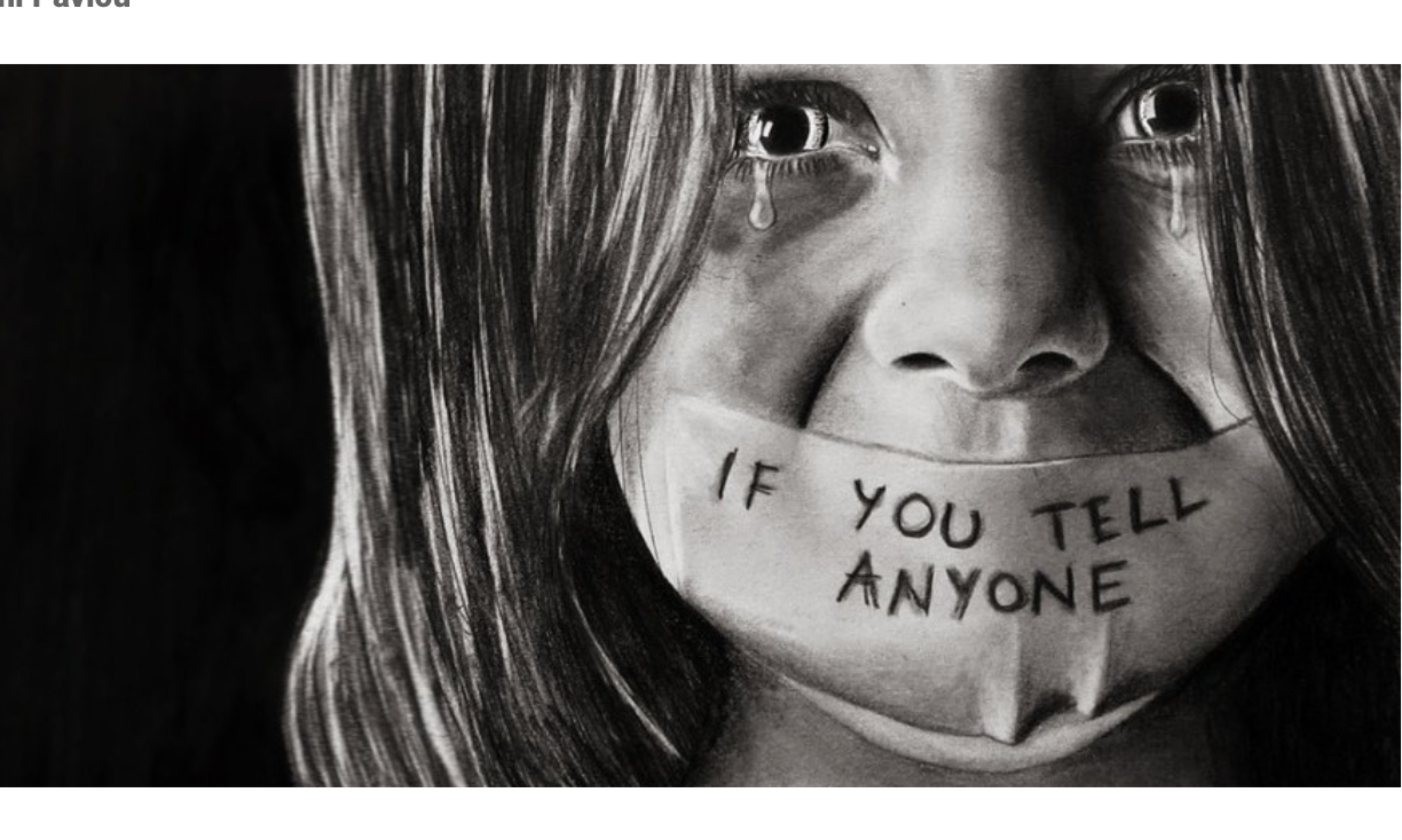When a child is being abused, individuals believe it stops at home. However, the child whom is being abused can project their anger in school towards their classmates, or their instructors. A child who is being abused can either be calm, and quiet. The child who children don’t speak too, or the child that refuses to speak up. However, there are times where a child can project their emotions by disrupting class, or bullying other students. Either way the child chooses to project the abuse that occurs at home, it plays a significant role on their fellow classmates. The child being abused can become the bully, and hurt the children around them. Children are vulnerable and unable to comprehend or even express their emotions. Therefor they act out and form disruptive behaviors, that could possibly distract the other children from learning. Empirical research on child maltreatment has, in fact, noted that maltreated children are more likely to evidence problems with emotion regulation, and has indicated that this dysregulation may be the result of inadequate instruction or modeling by parents. Children who are at risk due to being abused physically are the one who are more likely to develop aggressive and disruptive behaviors.
Teachers are trained to teach, however not many teachers understand the signs of abuse, a child will rarely speak up and ask for help. Therefor it is the job of the adult to report suspicious activities, and to be precaution while looking for signs of abuse. If the abuser is the parents, the teacher should be the support system for the child. If a child being abused finds no one to confined in, it disrupts the Childs development. It is known that each district and school has their own set of regulations and policies involving child abuse, however they are neglected and not always implemented. Early research indicated that instructors only recognize and report abuse when it is unambiguous. If a child comes to school with a bruise or a cut, the educator will then report suspicioun of abuse. Therefor, when a child is being disruptive or aggressive, an educator will most likely take these signs as the child being the “class clown” or just misbehavior and therefor only reporting this behavior to their parents. Which could possibly cause more harm for the student.


